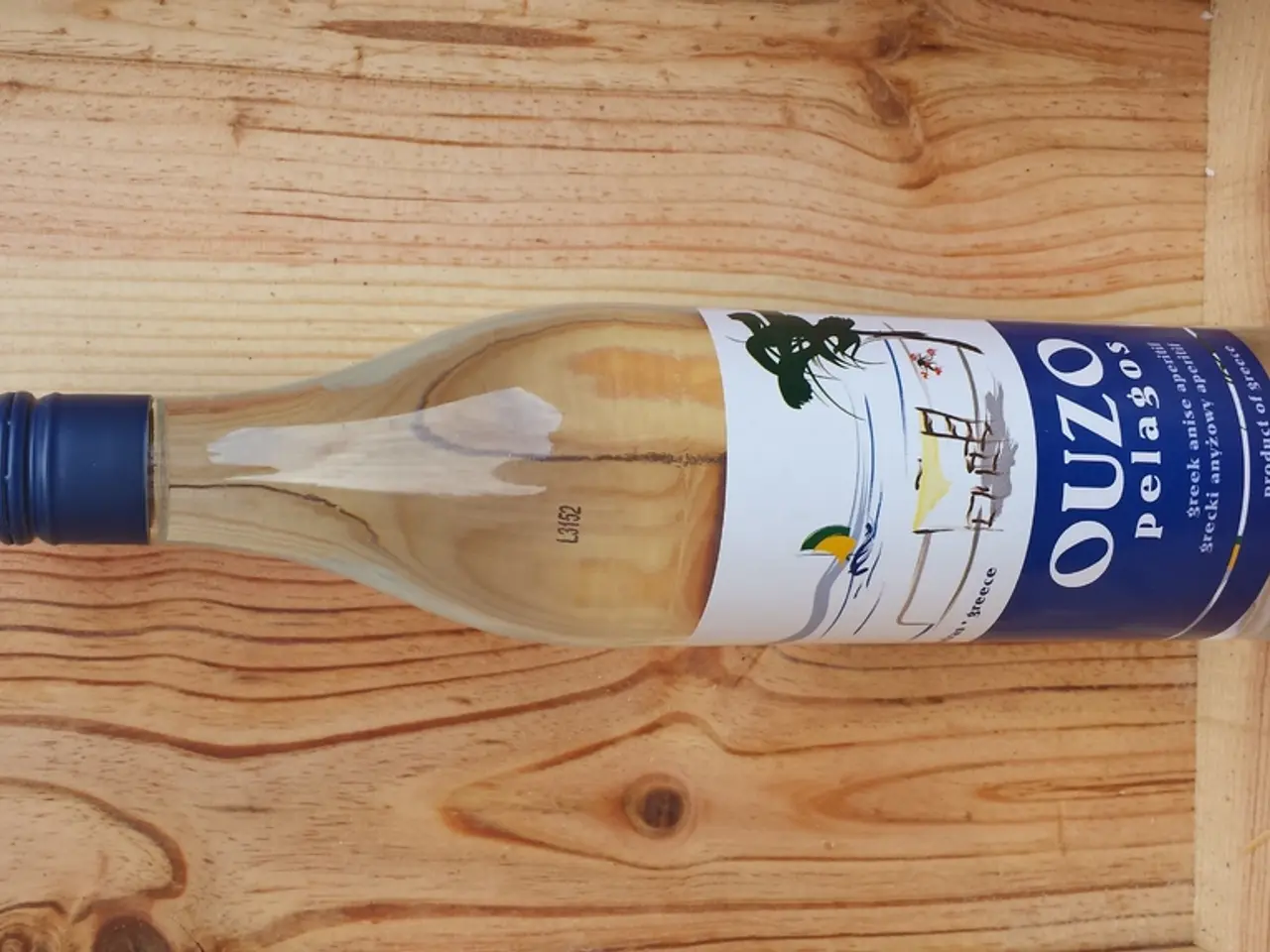Total Energy Leader Expresses Confidence in Securing Europe's Gas Supply Independence from Russian LNG by 2028
In a recent TV interview on the BFM Business channel, Patrick Pouyanne, the CEO of French energy giant TotalEnergies, has expressed optimism about the European Union's (EU) plan to phase out Russian gas. This change in stance comes after Pouyanne's earlier claim in January that Europe could not completely break away from Russian gas without losing more competitiveness.
Currently, TotalEnergies is one of the largest importers of liquefied natural gas (LNG) in Europe, and it is still importing LNG from Russia to the continent. However, Pouyanne now seems to have changed his view on Europe's ability to guarantee its supply security without Russian LNG by 2028.
To address this challenge, TotalEnergies has outlined a strategy that focuses on diversifying LNG sources and expanding oil and gas production outside Russia. The company is actively diversifying its LNG sourcing to non-Russian suppliers such as the U.S., Qatar, and Azerbaijan. This move aligns with the EU's phased ban on Russian gas by 2027 and the continent’s energy diversification goals.
In addition to diversifying its LNG sources, TotalEnergies plans to increase oil and gas production by about 3% annually through 2030. This expansion will be driven by new projects launched in 2024 in Brazil, Suriname, Angola, Oman, and Nigeria. This growth in production will support LNG supply availability for Europe and other regions, helping to compensate for reduced Russian land-based gas deliveries.
Moreover, TotalEnergies is investing in energy transition infrastructure such as carbon capture and storage (CCS) projects in Europe. The Northern Lights CCS project in Norway, for example, will increase CO2 transport and storage capacity from 2028, supporting Europe’s decarbonization efforts and complementing the energy transition while maintaining reliable gas supplies.
It is important to note that Russia still covers almost 20 percent of Europe's gas demand. However, TotalEnergies, the world's third-largest LNG supplier, has demonstrated its commitment to supporting the EU's plan to ban Russian gas imports by 2028. In December 2022, during the gas crisis, TotalEnergies provided the special ship "Neptune" in the Mecklenburg-Vorpommern port of Lubmin, which is a floating regasification unit (FRSU).
In conclusion, TotalEnergies plans to support Europe’s gas supply post-Russian LNG ban by shifting LNG sourcing to diversified global suppliers, boosting upstream production globally, and investing in complementary low-carbon infrastructure to navigate the region’s evolving energy landscape. This strategy aims to ensure a secure and sustainable gas supply for Europe as it transitions away from Russian gas.
What role will TotalEnergies play in the European Union's renewable-energy industry and finance, given their strategy to support Europe’s gas supply post-Russian LNG ban? This strategy includes diversifying LNG sources, expanding oil and gas production, and investing in energy transition infrastructure like carbon capture and storage projects.




